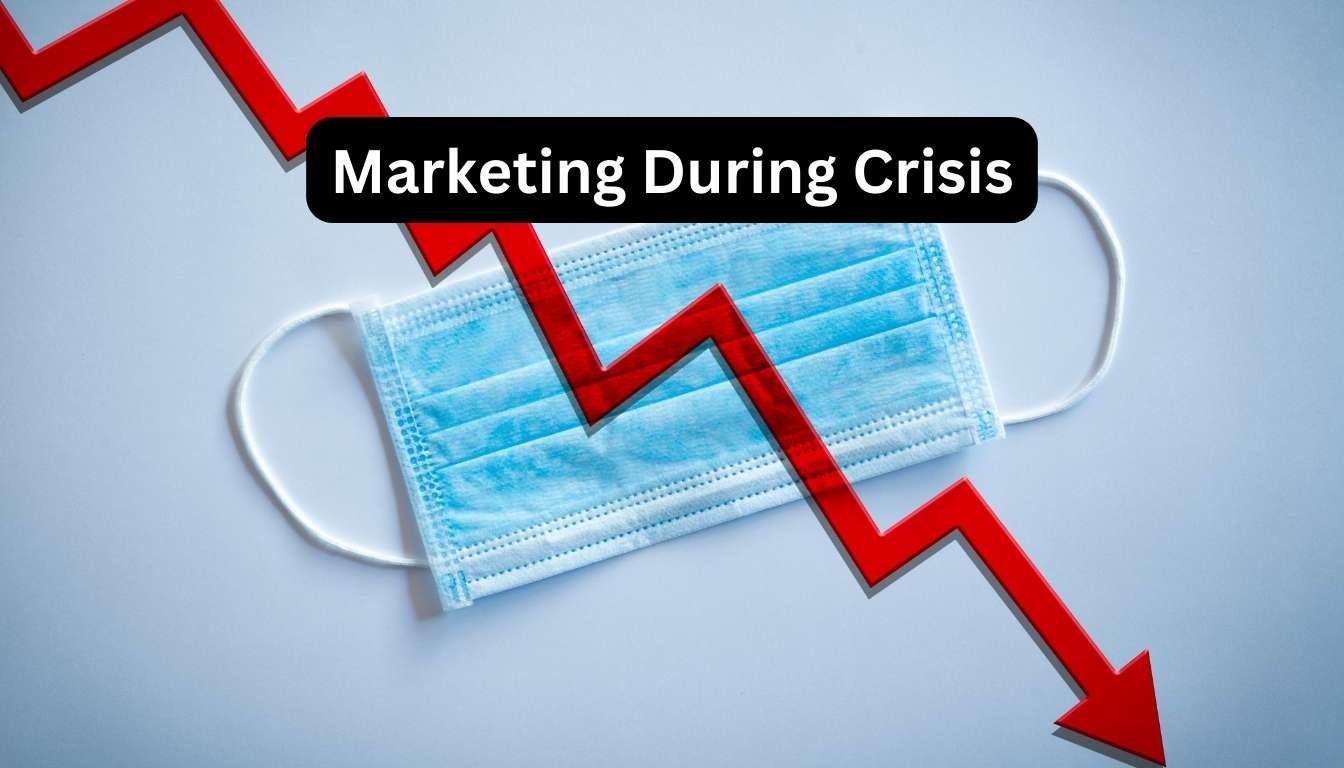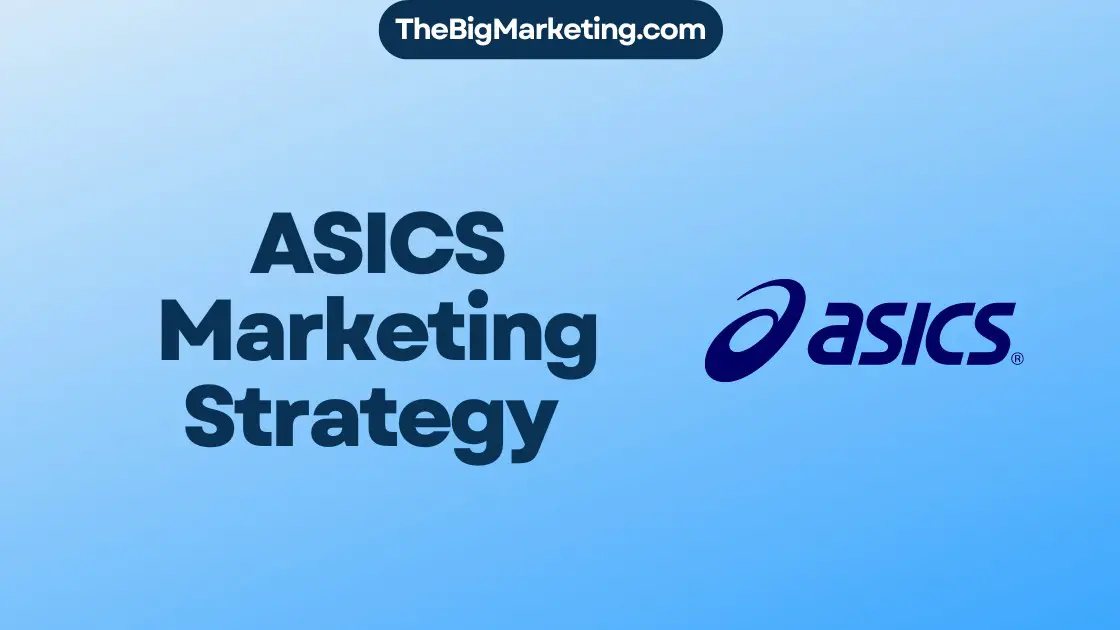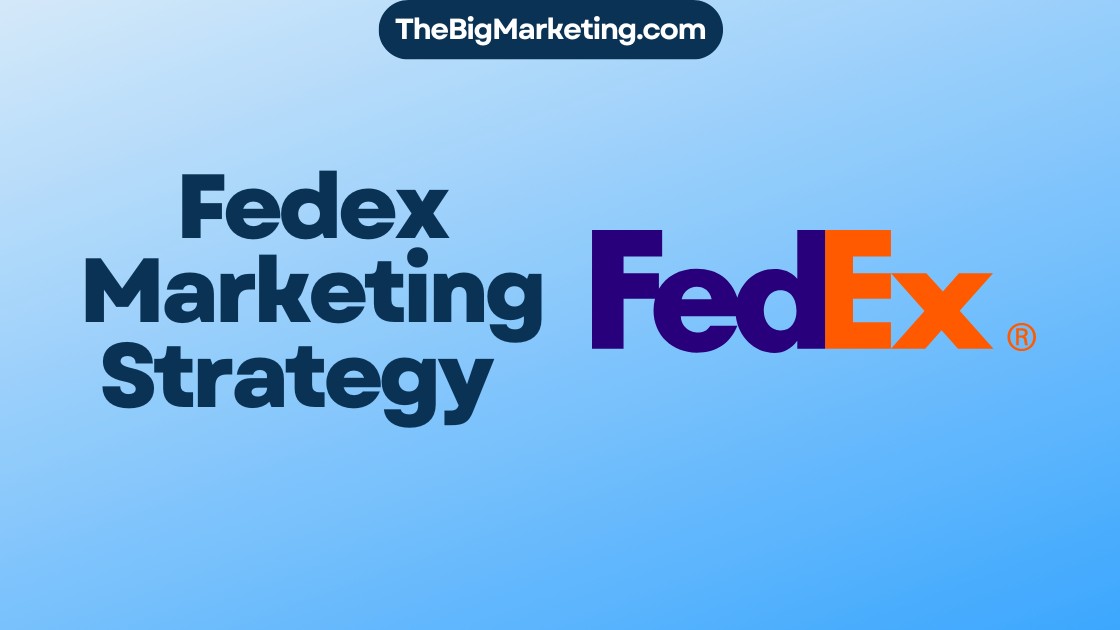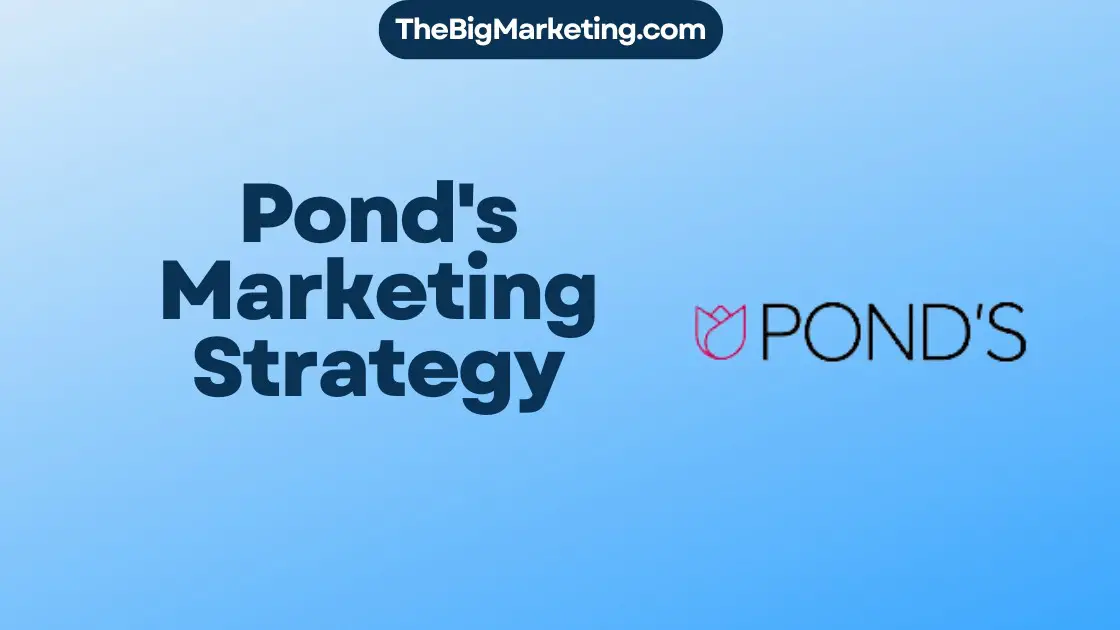If you’ve ever wondered how professional services manage to rank so highly on Google, the answer often lies in their link-building strategies. Link building is an important aspect of search engine optimization that can significantly boost a website’s visibility and authority. By securing high-quality backlinks—links from other reputable websites to your own—you can improve your site’s credibility and drive more organic traffic. But how exactly do professional services go about building these links?
1. Guest Blogging
Guest blogging is one of the oldest and most effective strategies that link-building services provide. According to a recent survey, 60% of businesses say that guest blogging is their most effective link-building strategy. It involves writing articles for other websites in your industry and including a link back to your site within the content.
- Identify Relevant Blogs: Find blogs catering to your target audience. You can use search terms like “[Your industry] guest post” or “[Your niche] write for us” to find opportunities.
- Pitch Your Ideas: Once you’ve identified potential blogs, contact the site owners with a pitch. Offer them a few topic ideas that align with their audience’s interests.
- Write High-Quality Content: When your pitch is accepted, focus on creating content that is informative, engaging, and relevant. Make sure to include a link to your website in a natural and relevant way.
2. Broken Link Building
According to research, broken links are present on 23% of news websites, providing ample opportunities for you to leverage this tactic. Broken link building is a smart way to gain backlinks without creating new content from scratch. This strategy involves finding broken links on other websites—links that lead to pages that no longer exist—and offering your content as a replacement.
- Find Broken Links: Start by identifying high-authority websites in your niche. You can use tools like Ahrefs or SEMrush to find broken links on these sites.
- Create or Identify Relevant Content: Once you’ve found a broken link, check if you already have content that can be a replacement. If not, consider creating new content that matches the topic of the broken link.
- Reach Out to the Website Owner: Contact the site owner and inform them about the broken link on their page. Politely suggest your content as a suitable replacement and explain how it would benefit their readers.
3. Building Relationships
Link building is about relationships. Creating connections with influencers, bloggers, and other experts in your market can result in organic link-building. On social media, follow bloggers and influencers within your niche. Over time, they will recognize your name and become more cooperative.
Professional relationships work both ways. Provide value by sharing your expertise, providing feedback regarding their content, or even highlighting them on your website or podcast. People who see you as a valuable connection will link to your content.
4. Content Marketing
Content marketing and link building go hand in hand. When you create high-quality, valuable content, other websites will likely link to it. Professional services often use content marketing as a cornerstone of their link-building strategy.
Focus on creating informative, well-researched content that’s useful to your audience. This could be in blog posts, infographics, case studies, or whitepapers. Content that provides unique insights or solves a common problem is more likely to attract backlinks. After publishing your content, don’t just wait for the links. Promote your content through social media, email newsletters, and outreach to influencers and bloggers in your industry. The more visibility your content gets, the more likely it is to be linked to.
5. Directory Listings
While directory listings may seem outdated, they can still be valuable for certain professional services. Not all directories are created equal. For example, if you run a legal practice, you might benefit from listing your firm in directories.
When listing your business, make sure to fill out your profile completely. The more information you provide, the more credible your listing will appear. Keep an eye on your directory listings to ensure your information is accurate and current. While directory listings won’t give you the same SEO boost as other link-building strategies, they can still provide valuable backlinks and help potential clients find your services.
6. Unlinked Mentions
Unlinked mentions occur when your brand or business is on a website without a backlink. This is a missed opportunity for link-building that you can easily capitalize on.
Use tools like Google Alerts or Mention to monitor when your brand or business is mentioned online. When you find an unlinked mention, contact the website owner or author and politely ask them to add a link to your website. Since they’re familiar with your brand, they’re often happy to add the link.
Final Thoughts
Link building is an essential part of any professional service’s online marketing strategy. Be it guest blogging, broken link building, or any of the other strategies mentioned, the key is to remain consistent and persistent. Link building is about building a strong, sustainable online presence that will benefit your business in the long run.
So, start implementing these strategies today, and watch your website’s authority and search engine rankings soar.







